Assessing the Potential Clinical Utility of Transplantations of Neural and Mesenchymal Stem Cells for Treating Neurodegenerative Diseases
互联网
互联网
相关产品推荐
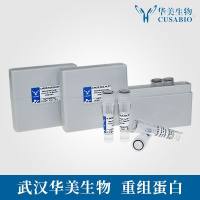
Recombinant-Bovine-Short-transient-receptor-potential-channel-5TRPC5Short transient receptor potential channel 5; TrpC5
¥9744
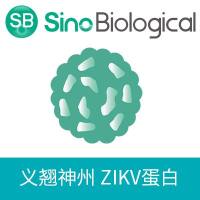
Zika virus (ZIKV) (strain Zika SPH2016) ZIKV-E (Stem/anchor domain of flavivirus envelope glycoprotein E) protein (Fc Tag)
¥4520
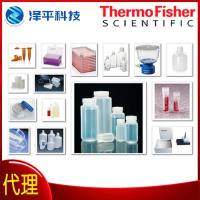
赛默飞世尔Thermo Fisher 漏斗 FUNNEL UTILITY 60ML PK12 货号:T_70110371M
¥70
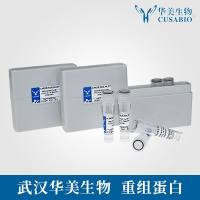
Recombinant-Rat-Protein-lifeguard-2Faim2Protein lifeguard 2 Alternative name(s): Fas apoptotic inhibitory molecule 2 Neural membrane protein 35
¥11592
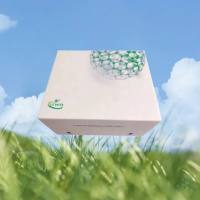
MKN45人低分化胃癌细胞|MKN45细胞(Human Poorly Differentiated Gastric Cancer Cells)
¥1500
相关问答

